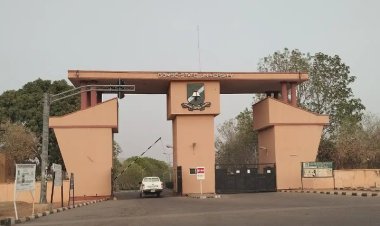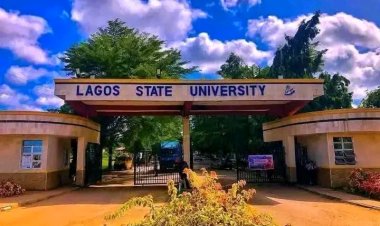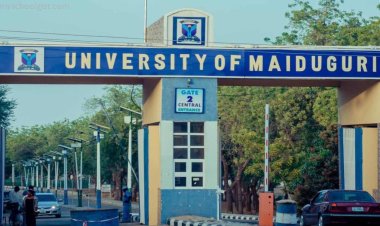Police Bust Syndicate: Hackers Arrested for Faking JAMB Admission Letters
Upon their arrest, the suspects admitted their involvement in the conspiracy. They collected personal details from prospective candidates and forwarded them to Benson, who accessed CAPS links from accomplices working in JAMB Computer Based Test (CBT) centers in Calabar, Cross River State

The Nigeria Police Force has arrested three individuals suspected of hacking into the Joint Admission and Matriculation Board’s (JAMB) Central Admission Processing System (CAPS) and falsifying admission letters. The suspects, Effa Leonard Mpama, Ibang Ernest Jerome, and Eshiet Odotukana Benson, aged between 34 and 38, allegedly belong to a syndicate that illegally accessed JAMB’s restricted systems to alter and delete genuine admission records, creating fake admission letters.

According to the police, the suspects used these falsified letters to secure admissions into tertiary institutions and facilitate mobilization for the National Youth Service Corps (NYSC) program. The syndicate’s activities have compromised the integrity of the JAMB admission process.
READ ALSO:No Nigerian University Makes Top 1000 Global Universities Ranking for 2025
Upon their arrest, the suspects admitted their involvement in the conspiracy. They collected personal details from prospective candidates and forwarded them to Benson, who accessed CAPS links from accomplices working in JAMB Computer Based Test (CBT) centers in Calabar, Cross River State. Digital forensic analysis led to the recovery of four fake domains and websites linked to the syndicate.
Inspector General of Police Kayode Adeolu Egbetokun praised the efforts of the Nigeria Police Force National Cybercrime Center (NPF-NCCC) in apprehending the suspects. He reiterated the police’s commitment to using advanced technology to ensure the safety and security of Nigerian citizens, both physically and digitally.





